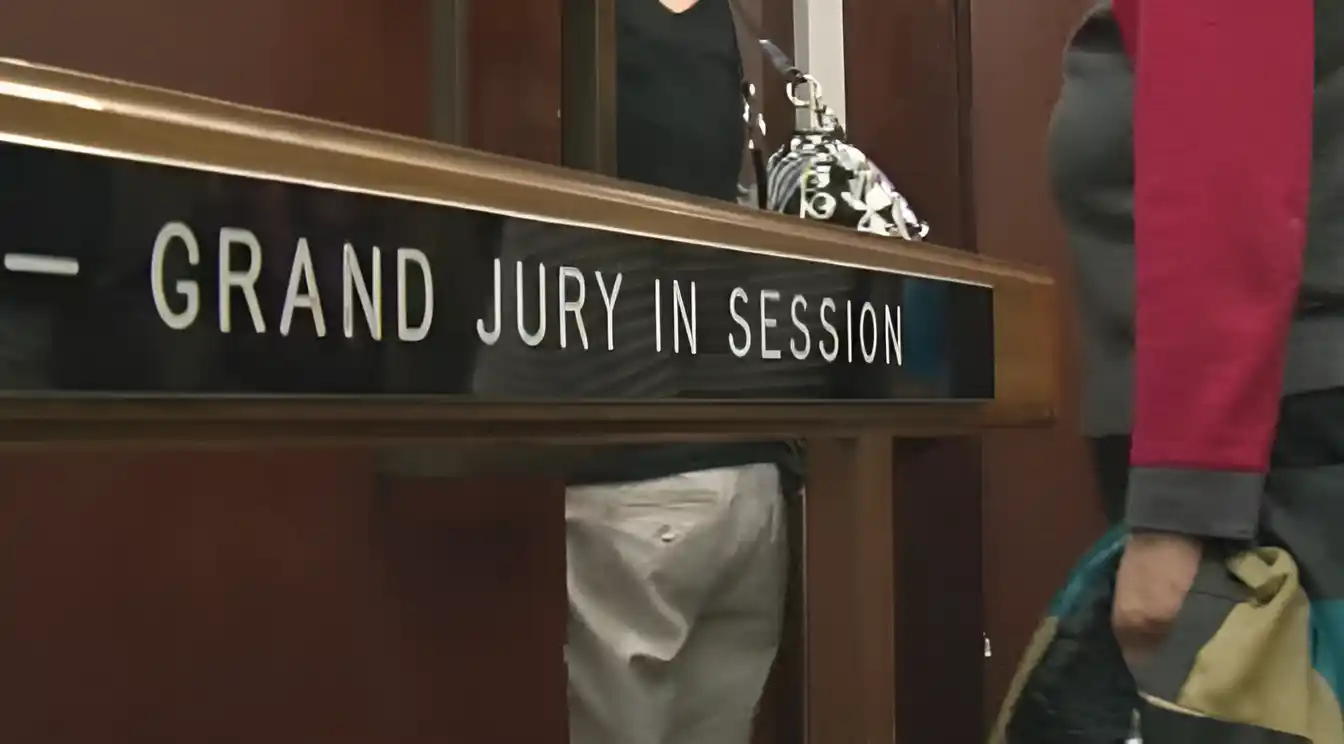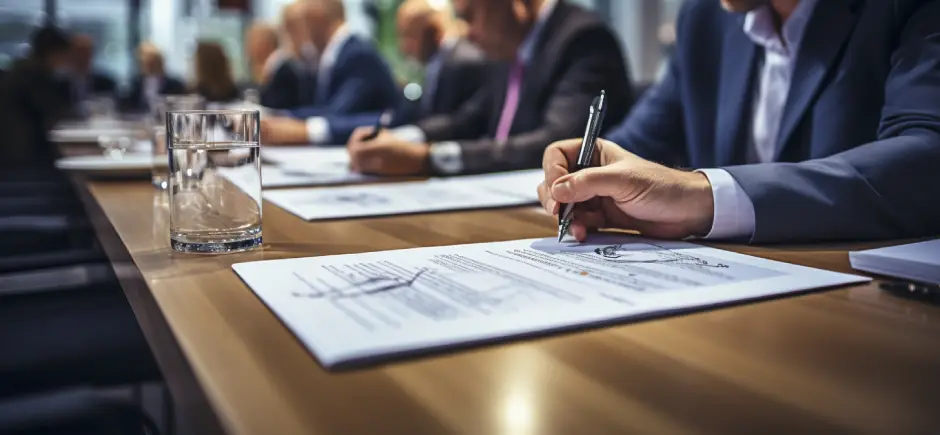Miami Grand Jury Investigation Lawyer
Miami Grand Jury Investigation Attorney

The U.S. Department of Justice, through its 93 U.S. Attorneys’ offices throughout the country, is tasked with investigating and prosecuting violations of federal law. Citizens within the geographic boundaries of their respective U.S. Attorney’s office are selected to serve a term on a federal grand jury. Those citizen servants make up the grand jury and are tasked with deciding whether a person subject to a grand jury investigation violated a federal statute(s).
The U.S. Attorney’s office applies for an authorization to present evidence to a grand jury. Once given that the District Court authorization, the prosecutor assigned to the investigation has almost unbridled discretion to subpoena witnesses, obtain records, assigned FBI agents to investigate potential coconspirators, and gather any information they believe is relevant to their investigation.
What should I do if I receive a Grand Jury Subpoena?
The first thing any person under a grand jury subpoena should do is consult with and hire an attorney. Do not respond to any requests for documents or to provide testimony until you have retained counsel. Any person on the receiving end of a grand jury subpoena should be alarmed and concerned. The federal government is not in the habit of issuing subpoenas to people they are not investigating.
So if you are on the receiving end of a grand jury subpoena, there is a strong chance you or someone very close to you is under investigation. There’s a possibility that you are under surveillance, that your phones are tapped, and that your internet usage is being monitored. The best advice is to say absolutely nothing to no one, not even your spouse until you have spoken to and retained counsel.
What are my rights in a Grand Jury Investigation?
The rights of a person under a grand jury subpoena are very limited. Anything said in a grand jury investigation is under oath and can be used against the individual in a trial. The person under subpoena is not even allowed to have their lawyer in the room when the prosecutor is questioning them under oath.
However, the person under subpoena can consult with their lawyer after every question before giving any answer. The best practice is to retain a quality lawyer right away so they can do some fact-finding and have open discussions with the assigned prosecutor to determine the purpose of the grand jury investigation and whether their client is a target of the investigation.
What happens when you get indicted by a Grand Jury?

A grand jury can indict in one of two ways. First, the most common is when the grand jury indicts openly. That happens after someone is arrested for a law violation (usually a State law violation), and the federal government picks up the case. The grand jury will then meet openly to indict that person under a federal statute. This person will then be presented before a magistrate for a bond hearing and then assigned a trial judge.
The other way a grand jury indicts is in secret. This is when a prosecutor presents favorable evidence in a closed grand jury session about a suspect’s alleged misdeeds or persons of interest. Sometimes that person or persons doesn’t even know they are under investigation. Usually, though, the people under suspicion or people close to them have received subpoenas for records that should raise the alarm bells that they are under investigation.
It’s the individuals under investigation in a secret grand jury proceeding that is at the most risk and has the most to lose. After the grand jury convenes and returns an indictment, that indictment is under seal (secret) until a judge signs an arrest warrant and the person indicted is in federal custody.
Grand jury investigations are complicated and often life-altering. Anyone on the receiving end of a grand jury subpoena or grand jury investigation has an absolute right to counsel.
Our Areas of Specialty
The fact is, there’s always something going on in a thriving metropolis like Miami. That means it’s easier than you might imagine to find yourself facing criminal charges. Given the dynamic nature of our city, it only makes sense for Brian Kirlew and his defense team to be flexible and responsive to the needs of his clients.
Our firm represents clients charged with any and all types of offenses in Miami and the greater South Florida area. The skills of an intelligent and experienced Miami criminal defense lawyer translate to all areas of criminal law. Therefore, we do not like to be bound by one or two particular areas as our “specialty.” We find defending against a broad spectrum of crimes to be more interesting and enjoyable to our practice.
Brian Kirlew, Esq. is experienced in defending all kinds of criminal felony and misdemeanor charges in the greater Miami area, including:
- Alien Smuggling
- Appeals/Post Conviction Motions
- Assault and Battery
- Burglary
- Child Pornography
- Domestic Violence
- Drug Crimes (Possession, Sale, Trafficking)
- Conspiracy
- Bond/Release
- Arson
- DUI/BUI Defense
- Embezzlement
- Extradition
- Federal Grand Jury Investigations
- Firearm Offenses
- Forfeitures
- Fraud
- Internet Crimes
- Juvenile Charges
- Kidnapping or False Imprisonment
- Mail/Wire/Fraud
- Medicare Fraud
- Medical Marijuana
- Murder and other Homicide offenses (Murder, DUI Manslaughter, Vehicular Manslaughter, Manslaughter)
- Nebbia requirements
- Probation Violations
- Federal/State RICO
- Robbery
- Sealing and Expungement
- Sexual Offenses
- Subpoenas (responding to or issuance of)
- Tax Evasion
- Theft
- Warrants
- Violations of Injunctions/Protective Orders
- White Collar
Don’t Wait Another Minute. Get Your Free Phone Consultation Now.
When you’re facing criminal charges in Miami, time is of the essence. It’s important that you have the proper legal representation to ensure that you get the best outcome possible from your trial. At the Kirlew Law Firm, you, your family, and your business are what matter most to us. We want to ensure that you enjoy every advantage that our thorough and collaborative approach to criminal defense has to offer.
Brian Kirlew is here to represent you. You can schedule your free phone consultation with our criminal defense lawyers today to begin building a sound defense strategy.

